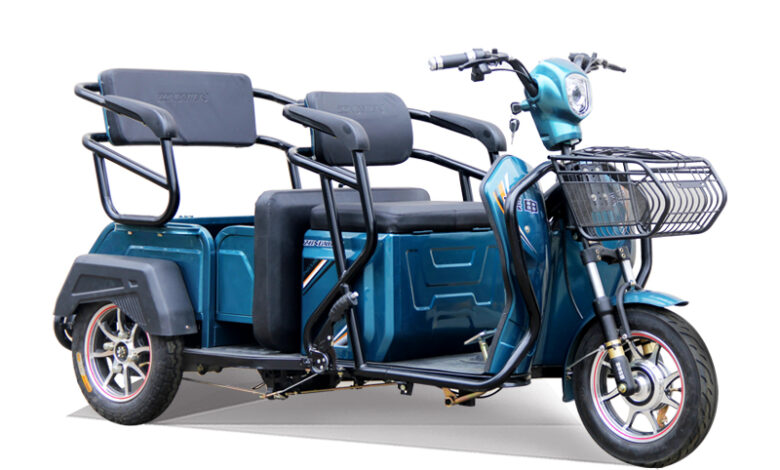
Zimbabwe’s growing economic potential has captured the attention of foreign investors, particularly with the country’s increasing focus on green technologies and sustainable development. A local company, Manica Bikes, is leading the charge by introducing innovative solar-powered tricycles, a move that not only supports environmental sustainability but also boosts economic activity across the country and the broader Southern African region.
In a bid to promote green technologies and sustainable transportation, Manica Bikes launched its solar-powered tricycle project in 2024, with the official launch taking place earlier this month. The project represents a significant investment into Zimbabwe’s future, with the company putting US$500,000 into the development and production of the tricycles. This investment covers the entire production process, from design and manufacturing to shipping, assembly, and delivery to the end user.
Manica Bikes’ initiative aligns with Zimbabwe’s broader goals of economic diversification, environmental sustainability, and technological advancement. The government has actively encouraged investments in green technologies, particularly within the automotive industry, as part of a strategic effort to reduce carbon emissions and promote cleaner energy sources.
Supporting Sustainable Mobility
The solar-powered tricycles are designed to be an eco-friendly solution to the mobility challenges faced by various sectors in Zimbabwe. Manica Bikes emphasizes the importance of zero-emissions transportation, powered by clean solar energy, as a key contributor to a greener future. The tricycles are especially beneficial for rural and urban communities, providing affordable and accessible mobility to farmers, healthcare workers, small businesses, and informal retailers.
Farmers and agricultural workers, who often face challenges accessing transport for goods and services, stand to benefit significantly from the solar tricycles. Healthcare workers will also be able to use them to improve access to medical services in underserved areas. Additionally, these tricycles are emerging as an ideal solution for small-scale businesses and community organizations that rely on cost-effective transportation options.
Job Creation and Economic Growth
Beyond environmental sustainability, the project also contributes to Zimbabwe’s economic development by generating employment opportunities. Manica Bikes has created jobs for over 50 individuals involved in various stages of the project, including production, design, and marketing of the solar-powered tricycles.
“This initiative represents a significant step towards a greener future, promoting sustainable development and improving the livelihoods of communities across Zimbabwe and the broader Southern African region,” said a representative from Manica Bikes. The company is poised to expand its operations and distribution across Africa, offering a range of transportation solutions such as bicycles, motorcycles, and tricycles.
Government Support for Green Technologies
The Zimbabwean government is actively supporting green technology investments, recognizing their potential to drive sustainable economic growth. As part of the 2025 National Budget, Finance, Economic Development, and Investment Promotion Minister Professor Mthuli Ncube proposed a reduction in Customs Duty on electric vehicles, from 40 percent to 25 percent, effective January 1, 2025. This move is expected to further stimulate interest from foreign investors looking to tap into Zimbabwe’s emerging green technology market.
The collaboration between private companies like Manica Bikes and government policies aimed at supporting green technologies is helping to position Zimbabwe as a key player in the region’s economic transformation. As foreign investors look to capitalize on these opportunities, Zimbabwe’s economic future appears brighter, with green technologies playing an integral role in its growth trajectory.
In conclusion, Manica Bikes’ solar-powered tricycles are just the beginning of a larger movement towards sustainable development in Zimbabwe. The initiative not only addresses the mobility challenges faced by various sectors but also represents a model for how green technologies can contribute to economic growth, job creation, and environmental sustainability. As foreign investors take note of Zimbabwe’s growing economic potential, the country is poised to become a leader in sustainable business practices across Africa.




